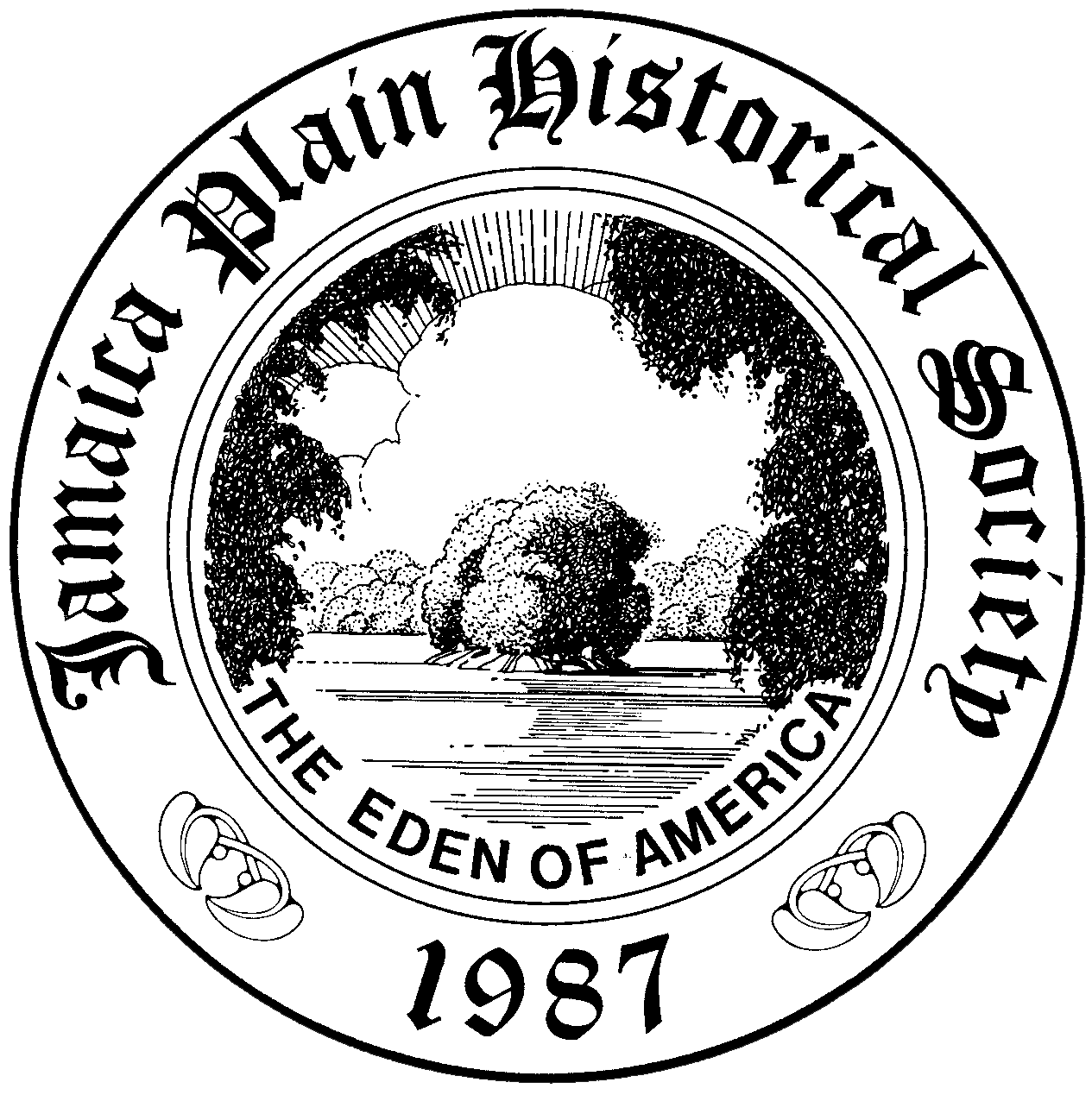Who are the Suffragist Heroines of Jamaica Plain?
A look at some of the local women who made news and history in the 19th and early 20th centuries.
With the recent PBS broadcast of filmmaker Ken Burns and Paul Barnes' new documentary, "Not for Ourselves Alone: The Story of Elizabeth Cady Stanton and Susan B. Anthony," the topic of women's suffrage has been much discussed. Jamaica Plain was an important place in the suffrage movement, where many women's-rights agitators made their home. Judith Winsor Smith, who lived in Jamaica Plain in the latter part of her long life, was a suffragist and abolitionist. When she voted for the first time, in 1920, at the age of 99, she was dubbed "the oldest suffragist of them all." In Jamaica Plain she lived with her daughter, Zilpha Smith, who was a pioneer in the development of the field of family social work in Boston. In an article that appeared in the Boston Globe on Aug. 29, 1920, Winsor said, "For 70 years I have been in the fight for woman suffrage, and I want every woman to go to the polls the first election they are allowed to and vote. Vote as right as you can, but vote anyway, whether it rains or not." The author of the Globe article remarks that Smith, who lived at 11 Roanoke St., "has a very keen sense of humor and, even in her advanced age, is bright and quick at repartee. . . . She looks over the Globe every morning and marks the longer articles that she wishes read to her." On her personal politics, Winsor Smith said: "I used to be a Republican, but now I believe that one should vote for the best man, regardless of his party." At the end of the article, Winsor Smith imparts one final thought to the Globe reporter: "Now be sure and tell the women to vote even if it rains."
Image courtesy of the Library of Congress
Other important local movers and shakers in the movement included Lucy Stone and Alice Stone Blackwell, who are buried at Forest Hills Cemetery. Lucy Stone (1818-1893) was a leader in the national women's rights movement. She was the first Massachusetts woman to receive a college degree and the founder and editor of the Woman's Journal. Her daughter, Alice Stone Blackwell (1857-1958), was also a leader in the women's rights movement and editor of the Woman's Journal for 25 years. Ednah Dow Cheney (1824-1904; of 117 Forest Hills St.) was an activist in women's suffrage. She was president of the New England Hospital for Women and Children and was the author of several memoirs and children's books.
Susan Walker FitzGerald (1871-1943; of 7 Greenough Ave.) was the first woman Democrat elected to the Massachusetts state legislature. Having worked actively in the statewide suffrage campaign, she was elected in 1922 and served one term. Elizabeth Peabody (1804-1894; of 8 Gordon St.), best known as the mother of the kindergarten movement in America, also was a supporter of women's rights.
Thanks to JPHS member Mary Smoyer, on whose work this article is based.

